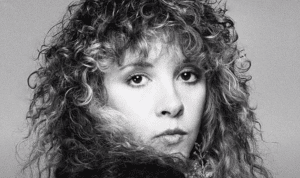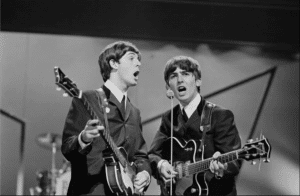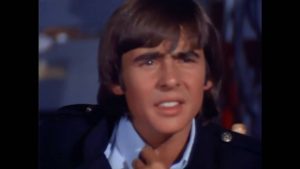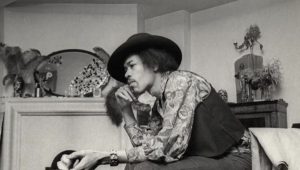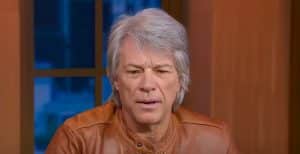The Dark Things That Happened In Showbusiness In The 1940s
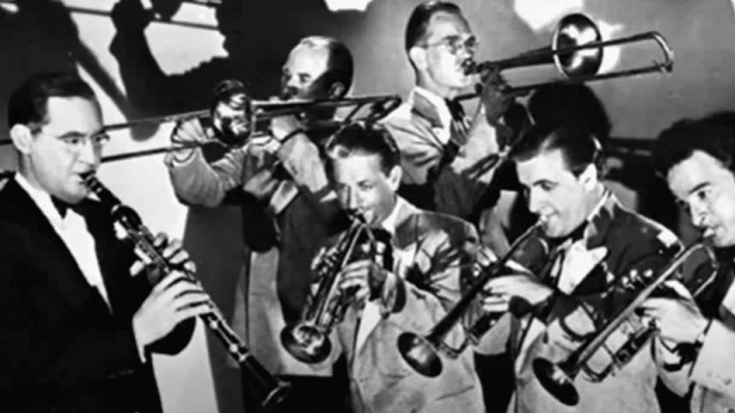
via WorldWar2Music/ Youtube
The 1940s marked a significant period of change in the film industry, often referred to as Hollywood’s Golden Age. It was a time when timeless classics like “Citizen Kane” and “Casablanca” captivated audiences and introduced legendary stars such as Jimmy Stewart, Cary Grant, Humphrey Bogart, Katherine Hepburn, Vivien Leigh, and Veronica Lake. However, behind the glamorous facade, Hollywood was a cruel and violent place. The stories below show the dark side of 40s Hollywood.
Naming Names: A Patriotic Expectation with Devastating Consequences
In 1947, HUAC summoned prominent members of the film industry to publicly declare their communist affiliations. They were expected to name others who shared these affiliations. Those who refused to answer the committee’s questions or name names were blacklisted.
Racial Discrimination: Progress on Screen, Discrimination Behind the Scenes
Despite some progress in onscreen representation, Black actors still faced discrimination and segregation behind the scenes. While films like “Cabin in the Sky” and “Stormy Weather” showcased Black talent, the reality off-screen was vastly different. Segregated facilities and limited opportunities persisted for Black performers, with roles often limited to stereotypes.
Sexual Harassment: A Culture of Abuse and Exploitation
Sexual harassment was pervasive, with powerful figures exploiting their positions. Studio head Harry Cohn was known for his harassment and punishment of women who rejected him.
The Red Scare: Actors Blacklisted and Careers Destroyed
The Red Scare led to the blacklisting of individuals suspected of communist sympathies in Hollywood. The House Un-American Activities Committee interrogated industry members, pressuring them to disclose their own ties to communism and name others.
Grueling Conditions: Demanding Work and Dangerous Practices
Working in Hollywood during the 1940s was grueling, with performers expected to endure long hours on set. Actors, directors, and crew members often turned to amphetamines to meet the fast-paced demands of Hollywood studios.
Film Noir: Reflecting and Commenting on an Era’s Darkness
Film noir emerged as a genre reflecting the era’s darkness, but censorship often tempered its social commentary. Directors like Elia Kazan and Jules Dassin incorporated their personal experiences into their films, addressing themes of betrayal and exile.
Studios’ Control: Stars Denied Privacy and Manipulated Lives
Hollywood studios exerted control over stars’ personal lives, spying on them and manipulating their relationships. Fake friendships were orchestrated, and stars were coerced into sham marriages to maintain moral standards.




